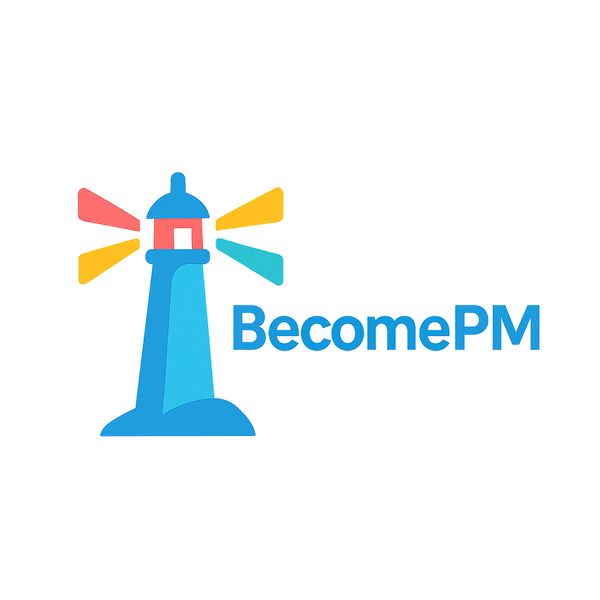The PMP® credential is a globally recognized certification for project management professionals, demonstrating expertise and competency in leading and directing projects.
The Project Management Institute (PMI) is a leading professional association for project management, offering certifications, resources, and networking opportunities to its members worldwide. PMI strives to advance the profession through its standards and rigorous certification programs.



A bachelor’s degree with 36 months of experience leading projects, or

The PMP® syllabus encompasses various aspects of project management, including initiating, planning, executing, monitoring and controlling, and closing projects. Key topics include project integration, scope, schedule, cost, quality, resource, communication, risk, procurement, and stakeholder management. It also covers professional ethics, decision-making, and leadership skills essential for effective project management.
Among the agile topics covered within the PMP® syllabus are agile methodologies, principles, and practices, including Scrum, Kanban, and Lean. It includes adaptive planning, iterative development, and continuous improvement. Emphasis is placed on agile project life cycles, roles, and ceremonies, such as sprint planning, daily stand-ups, sprint reviews, and retrospectives. Additionally, the syllabus covers agile tools and techniques and stakeholder engagement in agile environments. It does not ,however, cover scaled agile topics.
The PMP® exam consists of 180 questions, which include multiple-choice, multiple-response, matching, hotspot, and fill-in-the-blank types. The questions are divided into three domains: People (42%), Process (50%), and Business Environment (8%). The exam is designed to test the candidate’s knowledge and skills in managing projects effectively.

The Exam Content Outline reflects the project roles played by project managers, providing examples of tasks and responsibilities. The exam questions are based on these examples, assessing the candidate’s proficiency in real-world project management scenarios.

Illuminating the path to project management excellence through expert training and certification preparation.
All Rights Reserved © 2025 BecomePm .